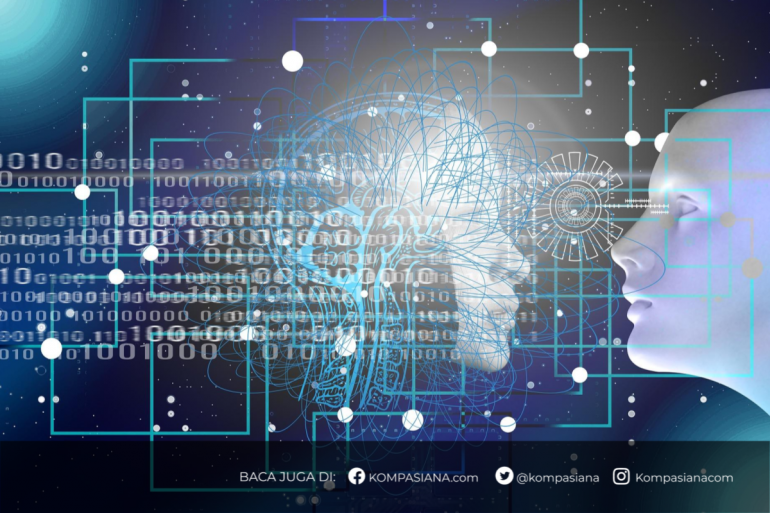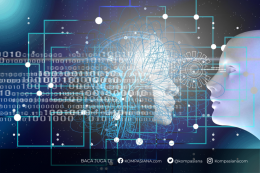Instead of just establishing boundaries, it's essential to articulate and expand upon a constructive ethics that envisions a fulfilling life and society. This entails contemplating human well-being, the trajectory of society, and potentially the future of the planet, highlighting the significance of human existence within the technological dialogue.
2. Inclusive Policy Development
AI policies shouldn't be monopolized by technocrats or large corporations alone. It requires a blend of technocracy and participatory democracy, ensuring that all stakeholders, including citizens, contribute to shaping the AI landscape. This approach demands a broad perspective that integrates diverse viewpoints on what constitutes meaningful and valuable outcomes.
3. Interdisciplinary and Transdisciplinary Approaches
Effective AI policies and ethical considerations should draw upon a wide array of fields, including philosophy, social sciences, and beyond. This methodology aids in comprehending the multifaceted impact of AI on society and in formulating holistic solutions.
The investigation highlights the crucial requirement for a comprehensive ethical framework in steering AI progress, emphasizing the importance of inclusivity and collaboration in policy formulation. It also underscores the utilization of interdisciplinary strategies to address the intricate societal impacts of AI.
Human Dignity and Technology Use in a Christian Framework
From a Christian ethical standpoint, the disparity between humans and machines can be examined through the perspective of theological anthropology, which highlights the distinct status of humans as beings fashioned in the likeness of God (imago Dei). This principle underscores the inherent value, dignity, and moral autonomy of human beings, qualities that machines, regardless of their intelligence or autonomy, cannot possess. According to Christian ethics, humans are endowed with a soul, free will, and the potential for a divine relationship, attributes that surpass any artificial creation.
Furthermore, Christian ethics emphasizes the concept of stewardship, suggesting that technology and artificial intelligence should be developed and utilized in manners that uphold the integrity of God's creation and contribute to the welfare of society, rather than causing harm or dehumanization. This perspective advocates for technology to serve humanity's interests, reflecting a human-centered approach to AI ethics. Ethical implementation of AI, from this standpoint, involves ensuring that such technologies foster human development, uphold human dignity, and do not exacerbate social disparities or injustice.
In confronting the ethical dilemmas arising from AI, Christian ethics would likely draw upon principles of love, justice, and the common good, advocating for an ethical approach to AI development and deployment guided by these values. This includes thoughtful consideration of the potential societal impacts of AI, particularly on marginalized communities, and the pursuit of technological advancements that align with the preservation of human dignity and the flourishing of all creation.







